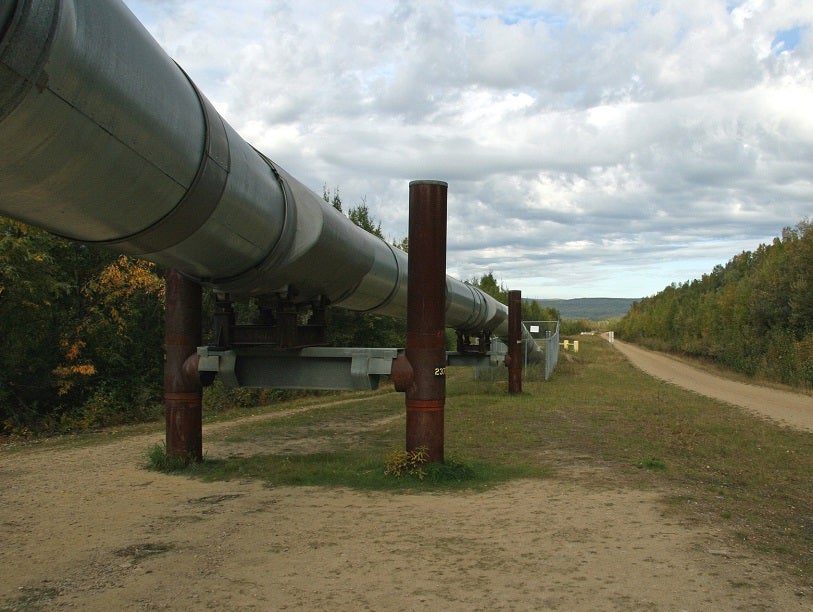
Uganda has approved a licence for the construction of the proposed $3.5bn pipeline that will be used to export crude oil to international markets, reported Reuters.
The news agency cited Uganda Information State Minister Godfrey Kabbyanga as saying in an emailed statement that the application to construct the pipeline has been approved by the cabinet.
How well do you really know your competitors?
Access the most comprehensive Company Profiles on the market, powered by GlobalData. Save hours of research. Gain competitive edge.

Thank you!
Your download email will arrive shortly
Not ready to buy yet? Download a free sample
We are confident about the unique quality of our Company Profiles. However, we want you to make the most beneficial decision for your business, so we offer a free sample that you can download by submitting the below form
By GlobalDataBeing developed by East African Crude Oil Pipeline Company (EACOP), a company controlled by France’s TotalEnergies, the 1,44km-long pipeline is planned to have a peak capacity of 246,000 barrels per day.
It will transport crude oil from Kabaale-Hoima in Uganda to the Chongoleani peninsula near the Tanga port in Tanzania.
The project also includes the construction of a storage terminal and loading jetty in Tanga.
The pipeline will comprise six solar-powered pumping stations in Tanzania, and a heat tracing system.
TotalEnergies owns a 62% stake in EACOP while state-run Uganda National Oil Company and Tanzania Petroleum Development Corporation hold 15% stakes each. China’s CNOOC owns the remaining 8% interest.
As per the government geologists estimates, the country holds gross reserves of six billion barrels and 1.4 billion barrels of recoverable oil.
The latest approval marks a step forward in developing Uganda’s oilfields, where commercial production has been long delayed. This is due to a lack of infrastructure and disagreements between oil companies and the government.
The pipeline project is being opposed by environmentalists and rights activists, who claims that the project could endanger fragile ecosystems in the region and displace tens of thousands of people.







